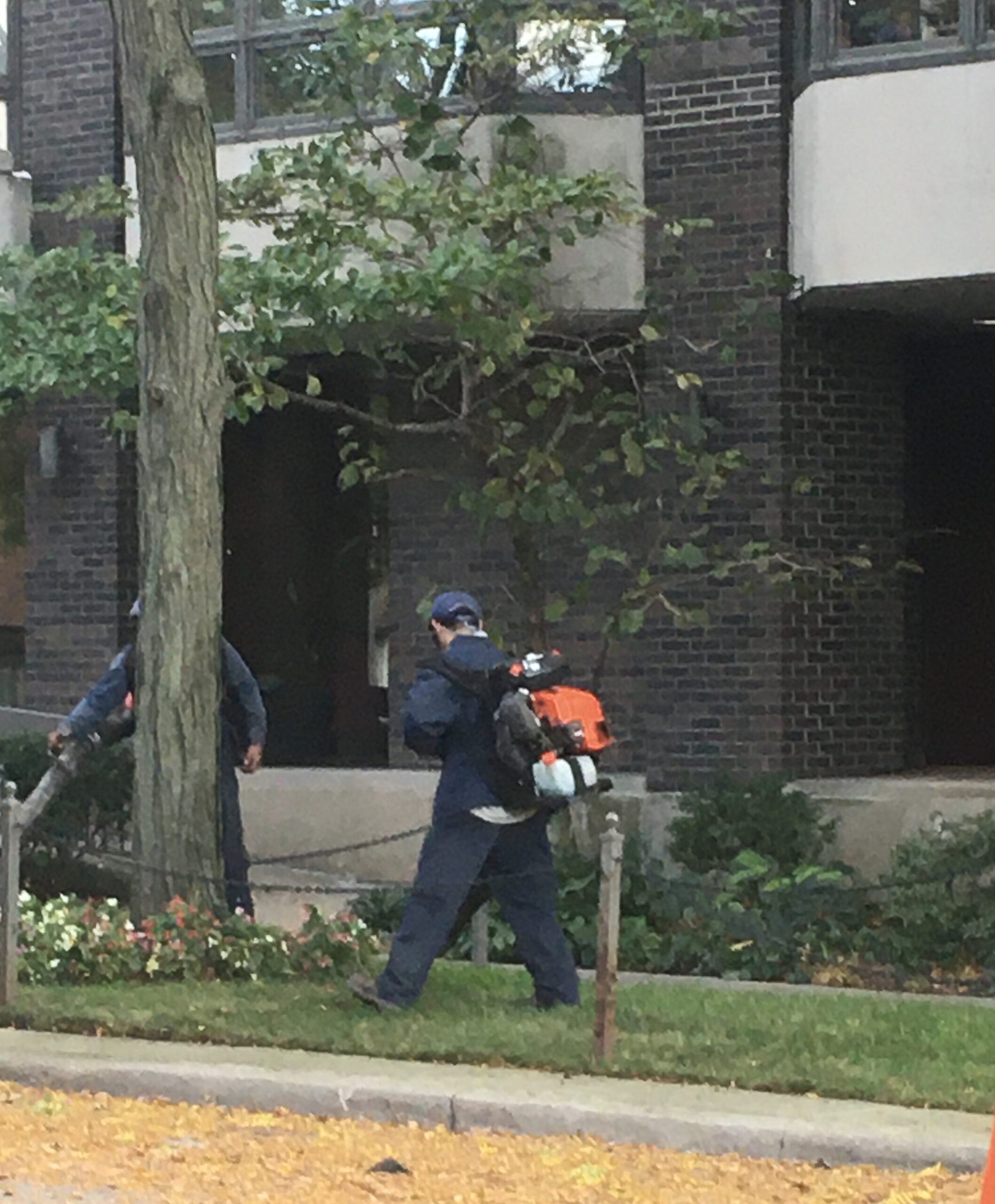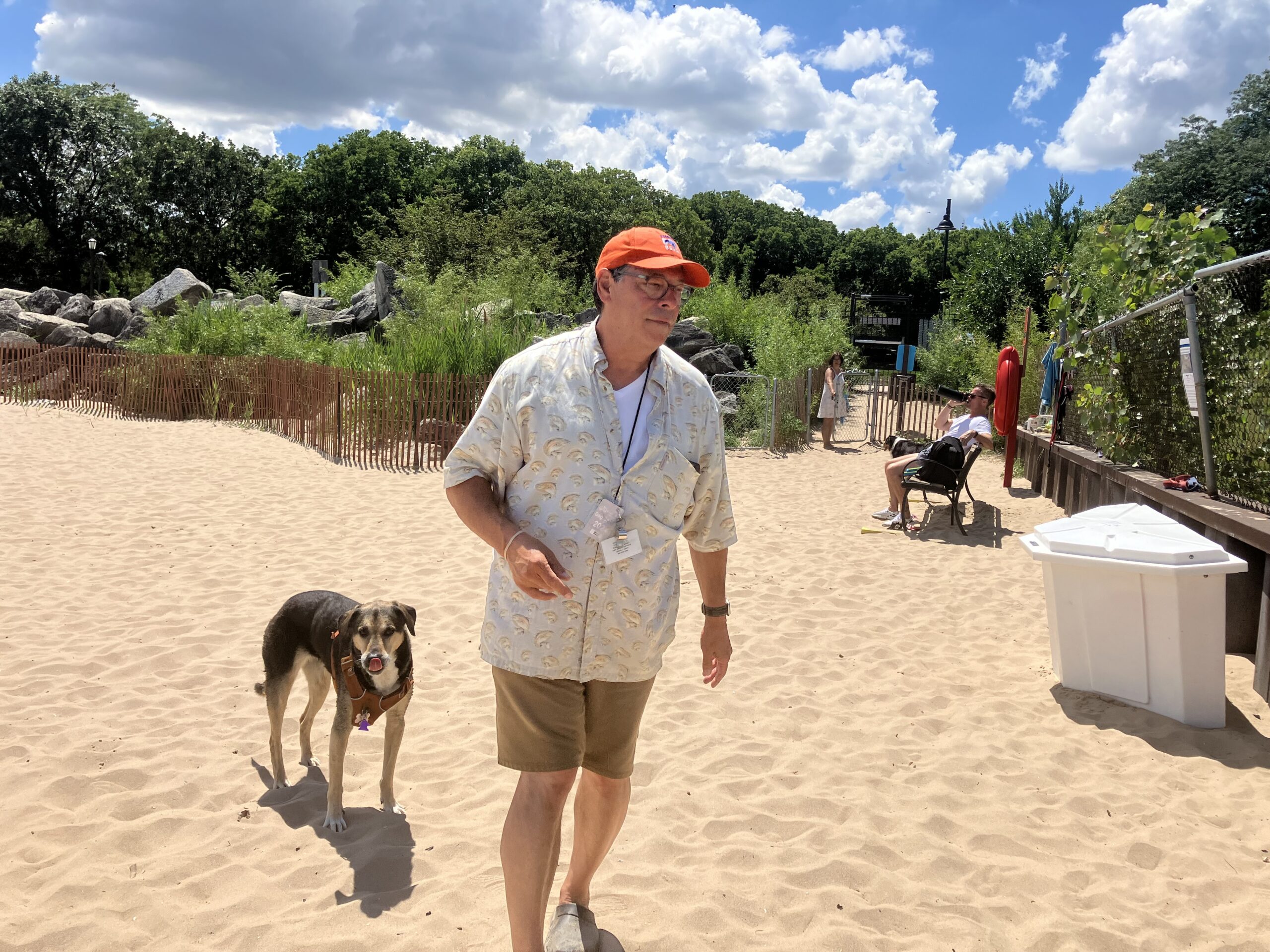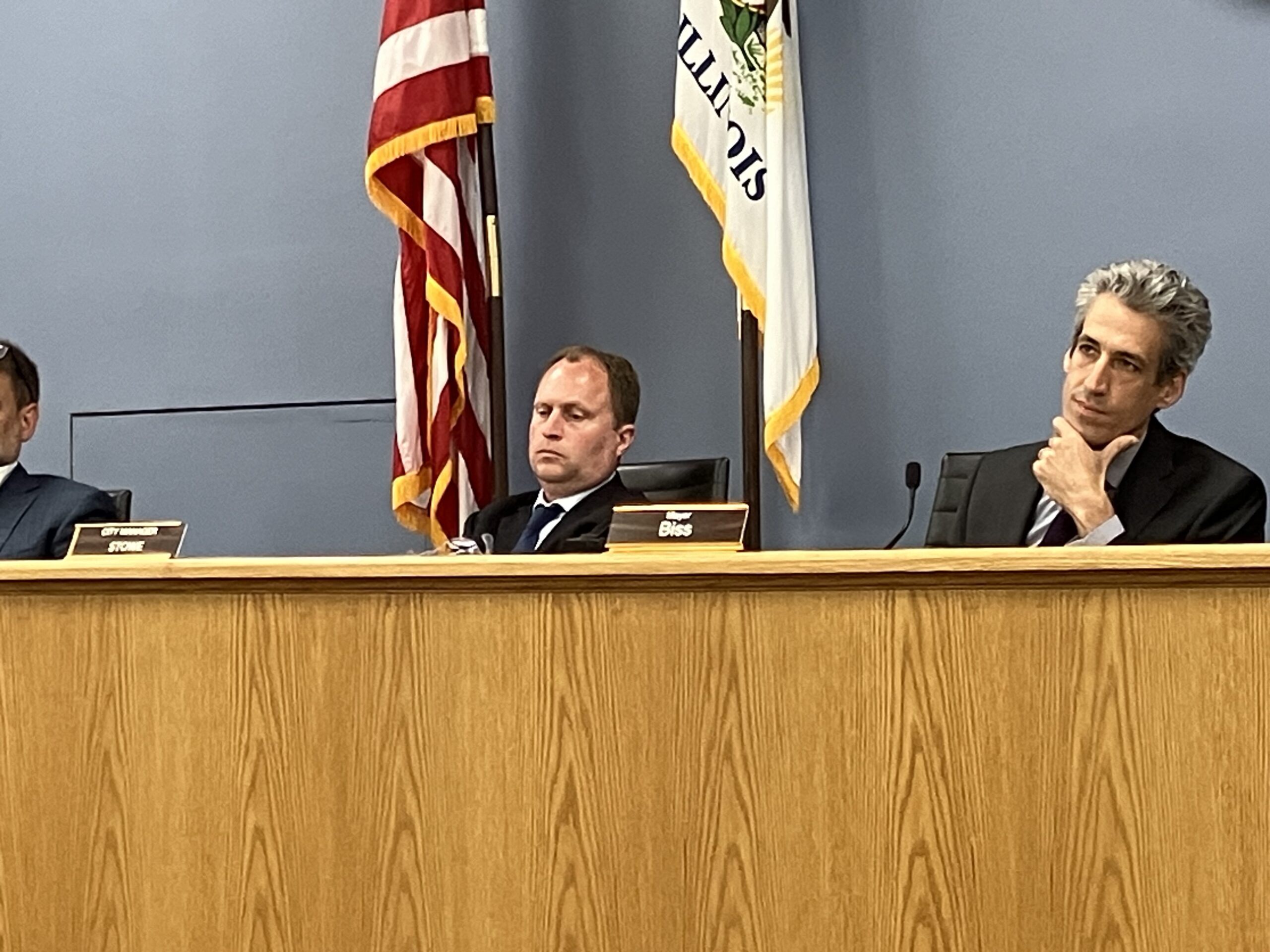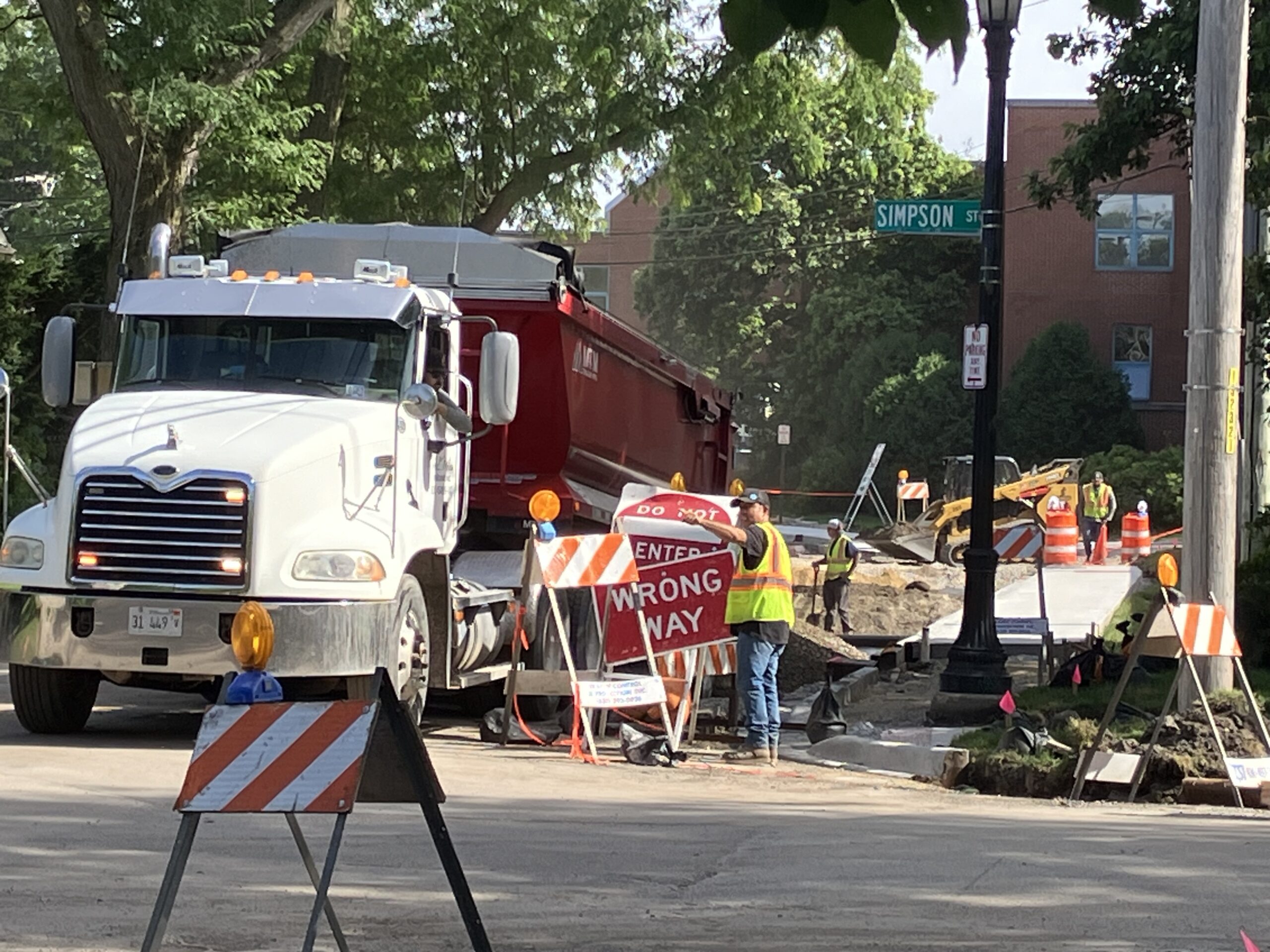He complimented the city’s sustainability staff for having established “a pretty low barrier” for entry for applying for the grant.
“But one of the things I’m a little worried about is the fact that it’s a first-come, first-served grant process,” Geracaris said. “I really am worried that while this bulk purchase will help a lot of small-business owners, that some people maybe are lagging behind and I don’t want them to get shut out of the process.”
The council member expressed hope the additional $100,000 in funding that council members added to the program could be used to cover future grant applications from companies as well as give staff the flexibility “to make sure we’re helping all the small businesses that need help and also speed up the process because we’re quickly entering the spring cleanup season.”
Aid should be for local firms: Reid
In further discussion, Council Member Devon Reid (8th Ward) said that while he appreciated that staff is looking to be flexible with the funding, “I think we need to really reserve this funding for Evanston-based businesses, not someone who gets a P.O. box in Evanston. You know, our job on the Evanston City Council is not to protect the interest of every single person in Cook County and in the region.”
Council Member Tom Suffredin (6th Ward), meanwhile, argued the issue is in need of a more comprehensive solution.
“Residents have made it clear, whether it’s quiet or pollution, they want compliant landscaping equipment,” he said. “Businesses have made clear, it’s [the change to electric] very expensive and they want to stay in business. What’s the cheapest way to get those overlapping goals met?” he asked.
Council member Bobby Burns (5th Ward) expressed concern that as the city moves forward on its Climate Resilience Action Plan, the response has been “subsidy, subsidy, subsidy.”
“We should not be planning this after the fact. So please, let’s get ahead of this next time,” he said.
Burns added that the cost to the environment has to be considered as well as the cost to small businesses that “are kind of struggling to make do.”
Suffredin maintained, however, that the council needs ”to resolve the total problem, not just individual aspects of it at every meeting. It seems like it’s inefficient.”
Ike Ogbo, the city’s Health and Human Services director, suggested that officials are moving toward that goal, noting that Monday’s discussion followed the city’s enforcement activities.
He reported that the number of landscapers cited for using gas-powered blowers recently has dropped significantly, to less than 20 in the past month.
On a motion from Reid, council members agreed to take a more comprehensive look at the issue as a special order of business at their second meeting in June.
His proposal was supported in a unanimous vote. Council then followed with an 8-0 vote in support of the $180,000 bulk purchase program.
Landscaper’s daughter cites ‘unjust’ barriers
During the citizen comment portion earlier in the evening, Adriana Gomez was one of the speakers addressing the issue.
Her father, Alvaro Gomez, who sat with her in council chambers, runs a small Evanston-based landscaping company.
Since the council’s denial of landscapers’ request for a temporary halt to enforcement, she said, “he has considered selling the house, the trucks and moving out of Evanston.”
Registering with the city to
be eligible for the grant program, she said, “took additional time and money. The barriers that come before even being able to apply for any grant are unjust,” she said. “I don’t think the white majority of Evanston understands the severity that this has on us.
“My dad’s personal quote for electric equipment for his company is more than $25,000,” she said, her voice breaking. “I have yet to hear anything about how we are going to ensure the proper disposal of batteries and future battery repair costs and charging stations.”




